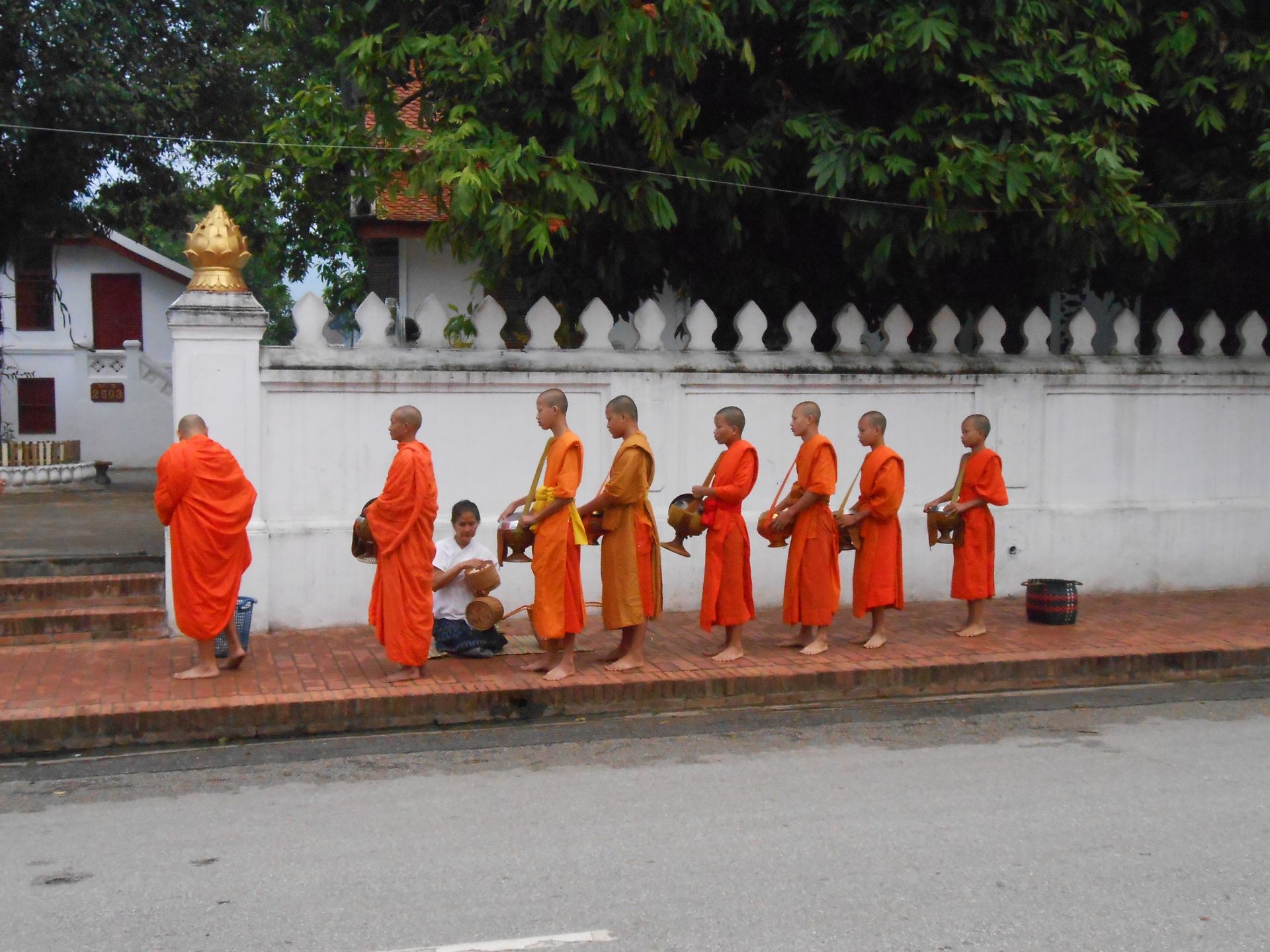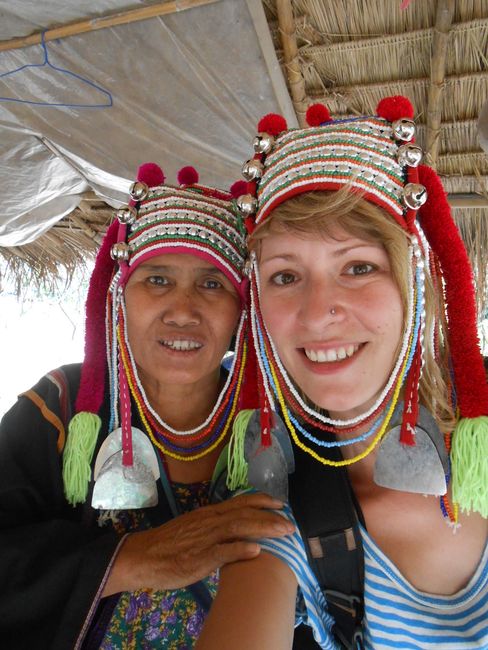Monks in Luang Prabang
Ebifulumiziddwa: 25.04.2018
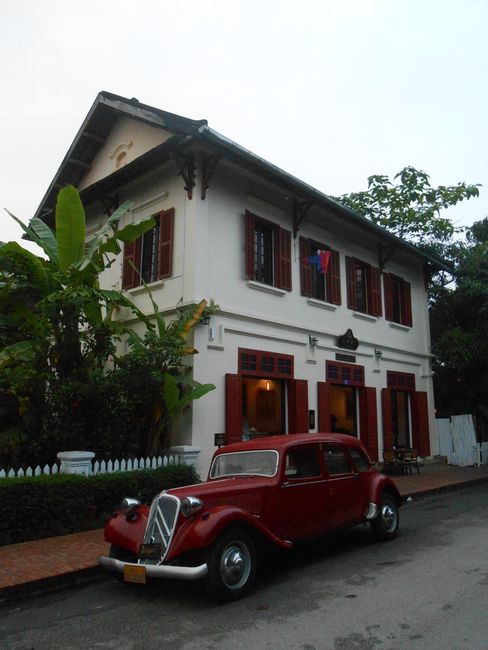
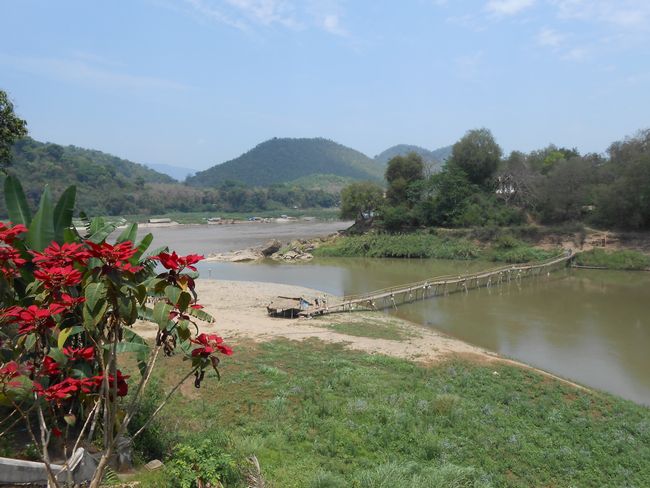
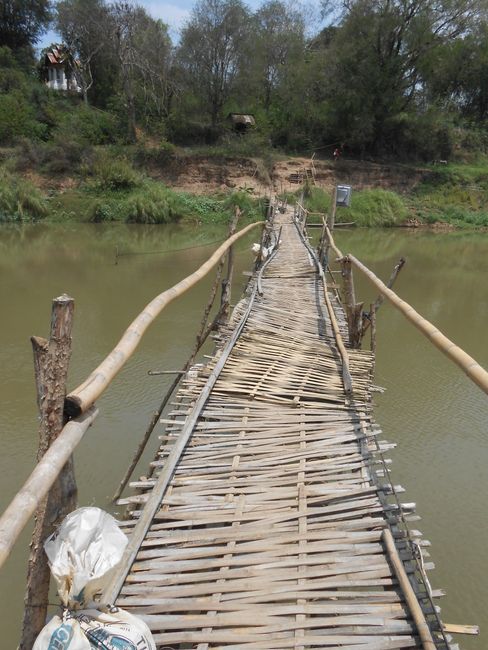
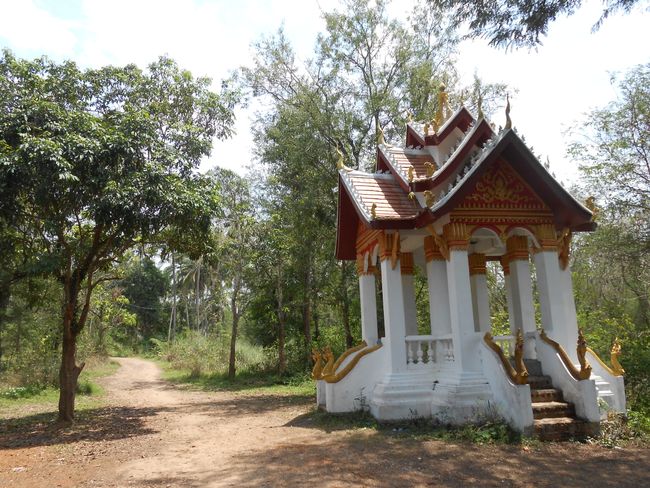
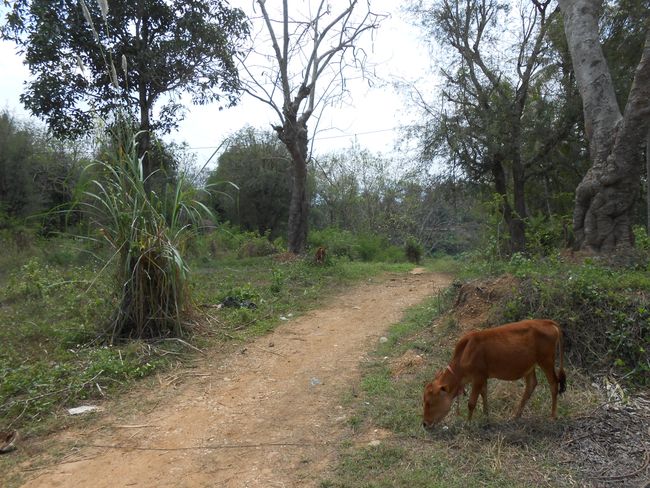
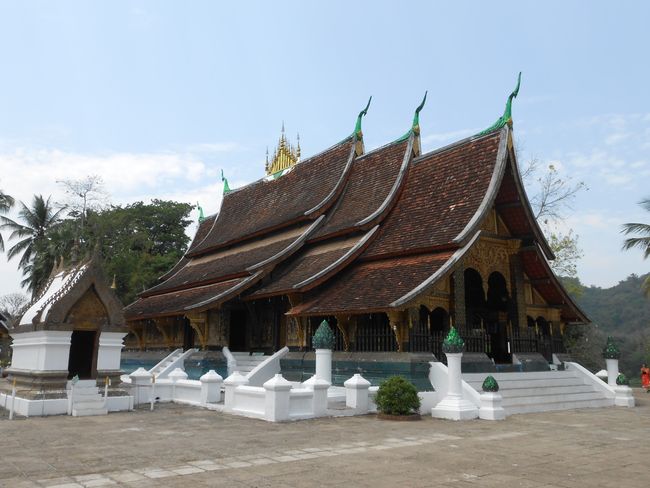
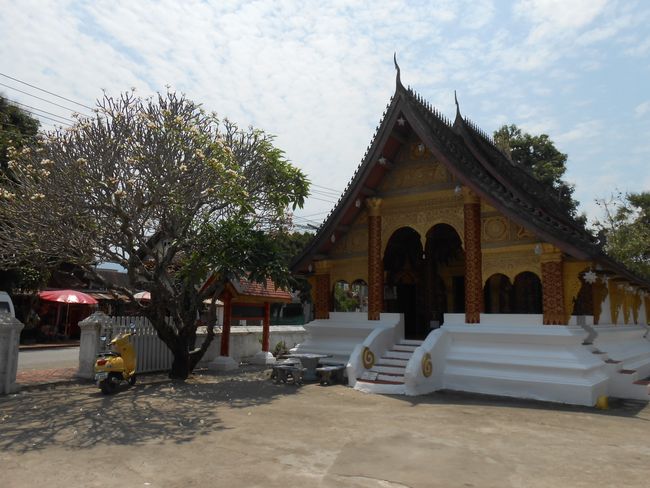
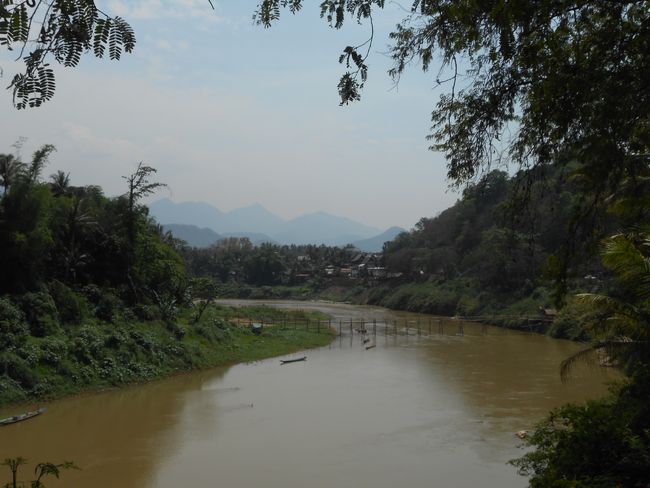
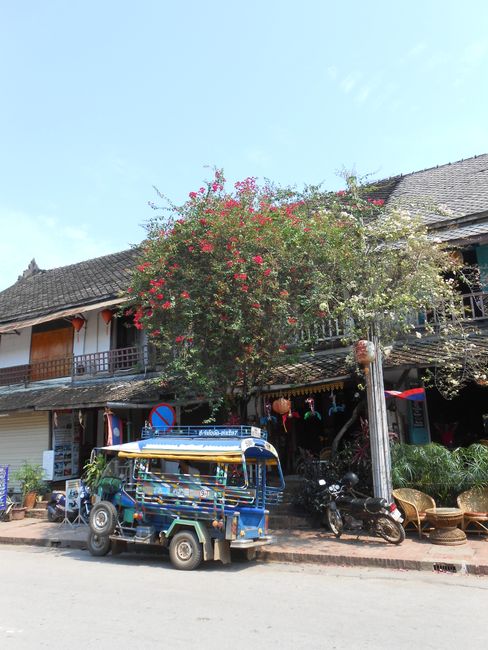
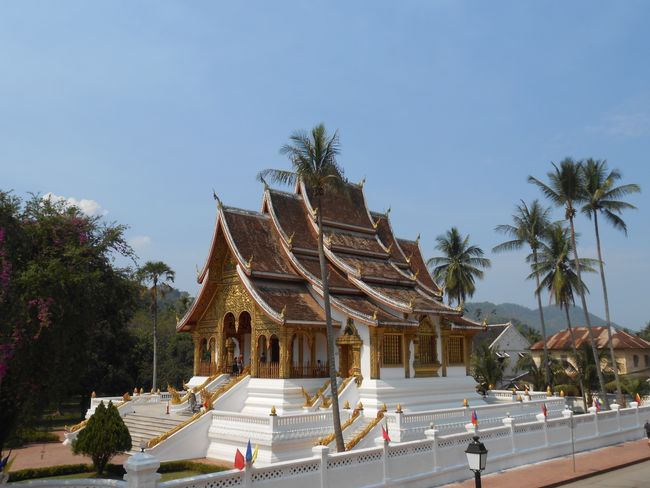
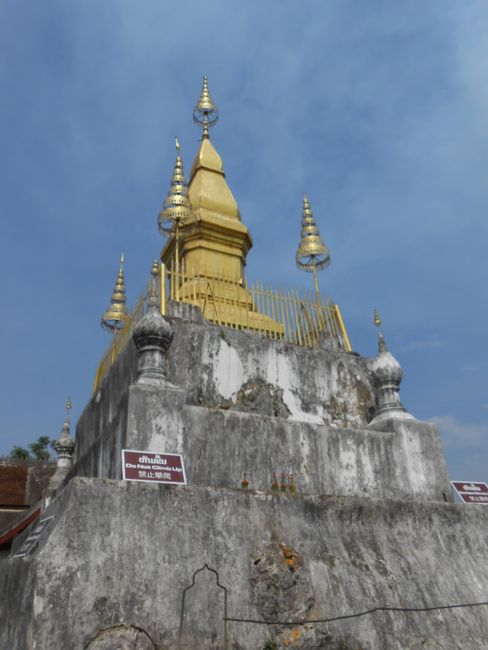
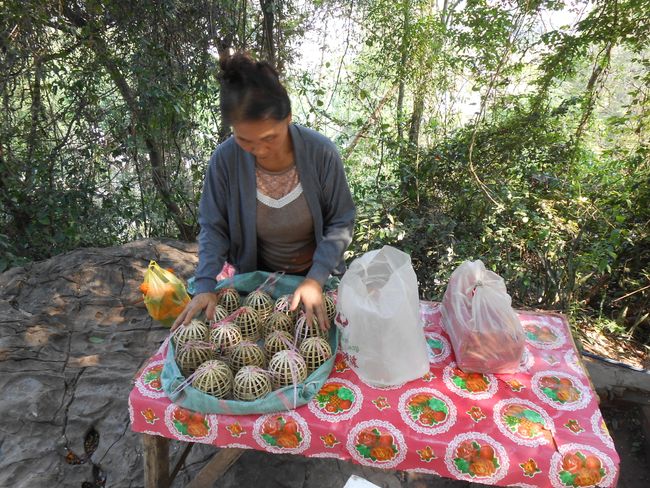
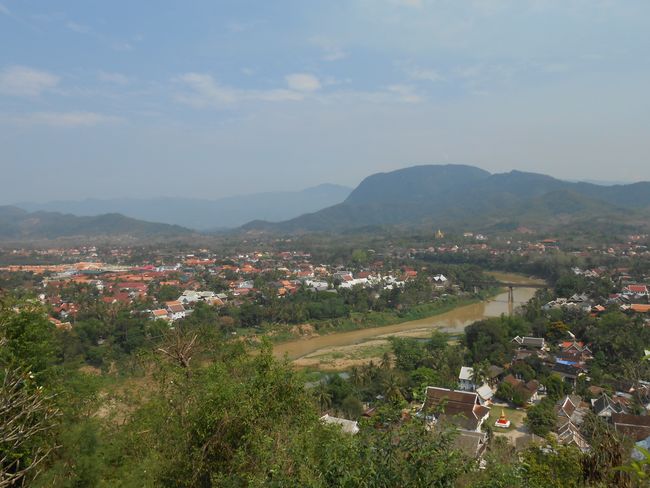
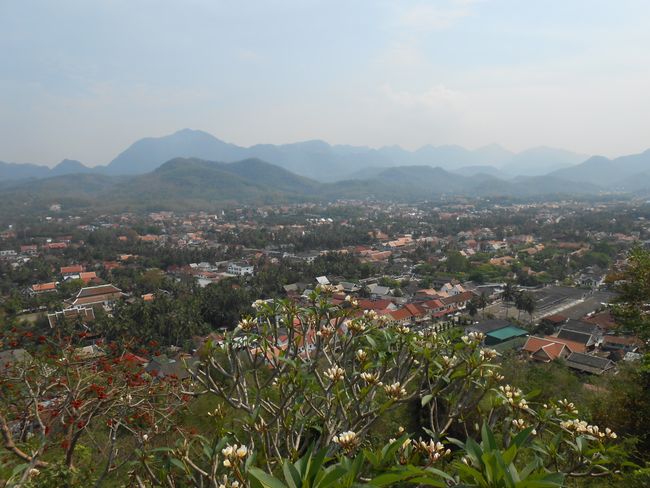
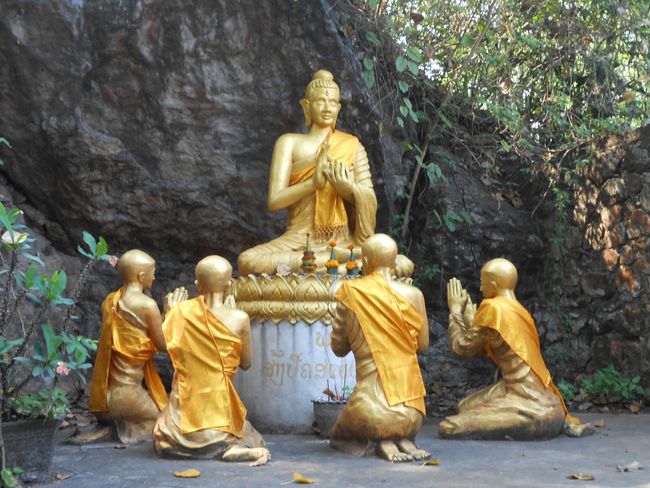
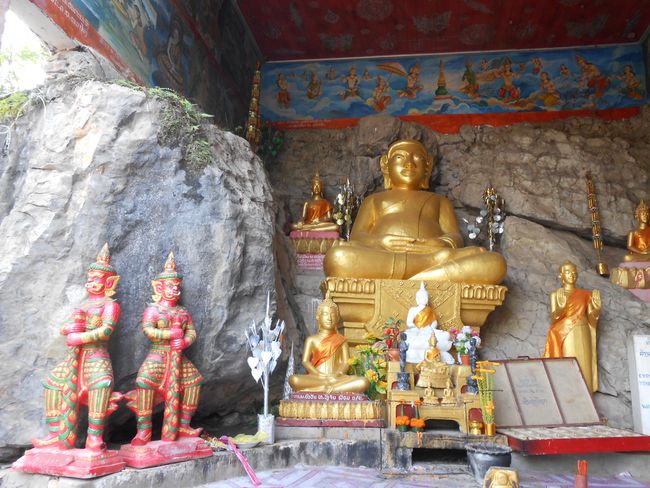
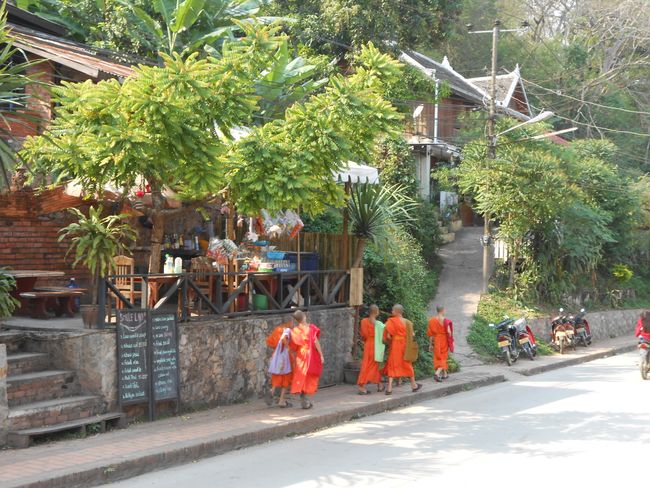
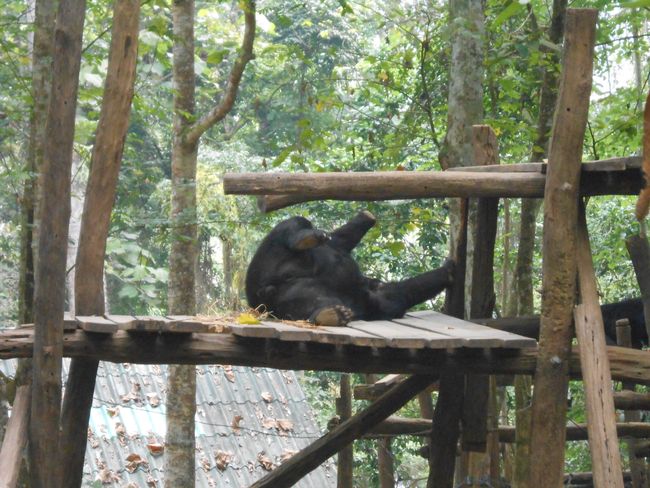
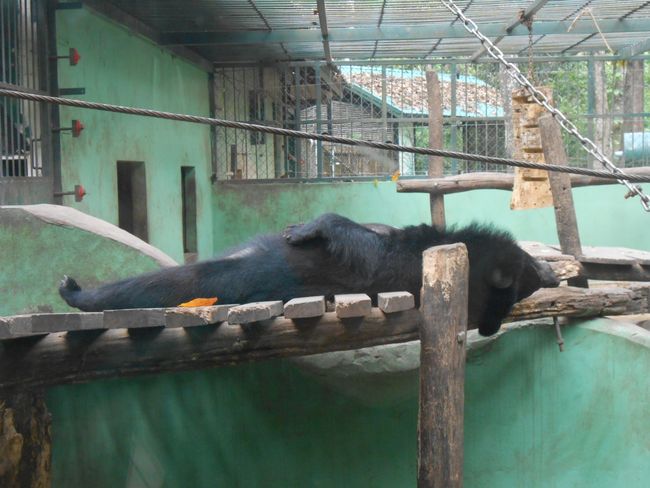
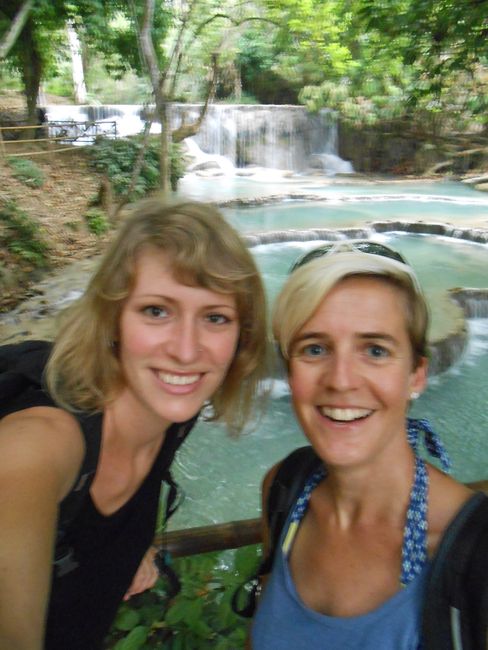
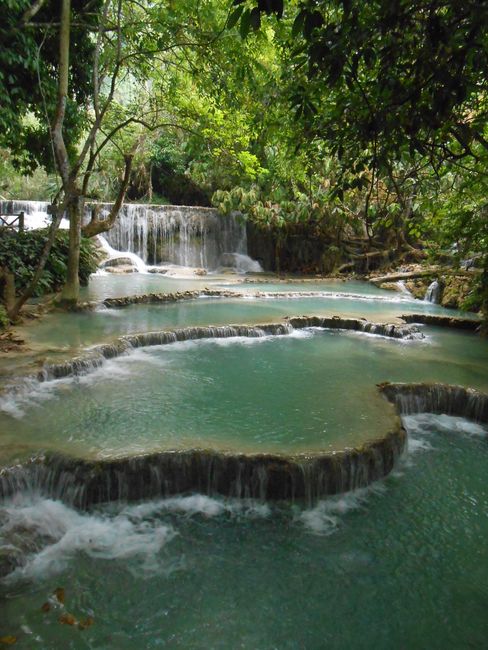
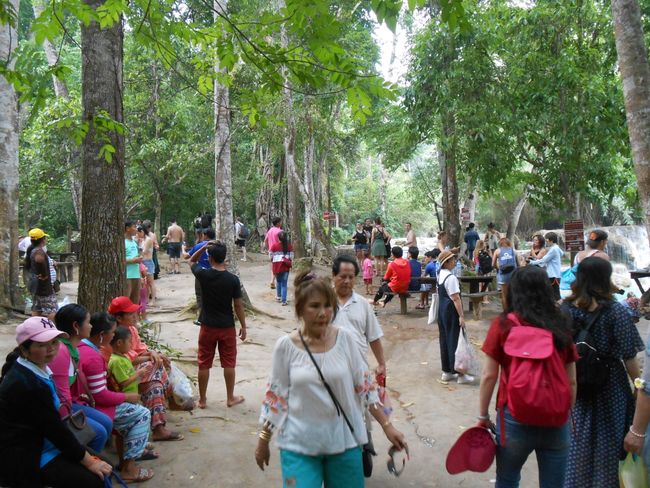
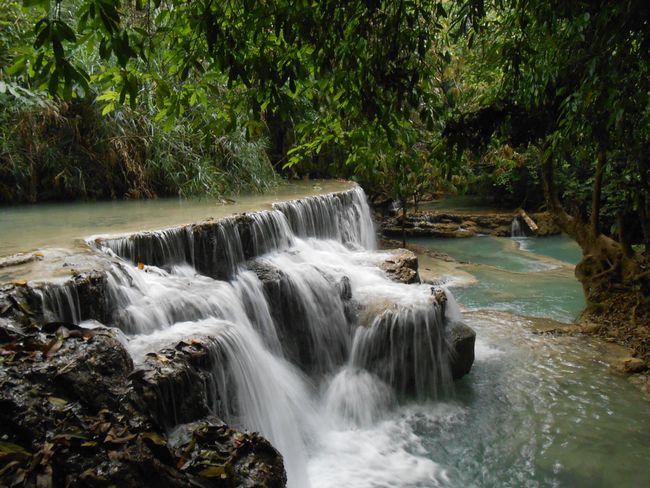
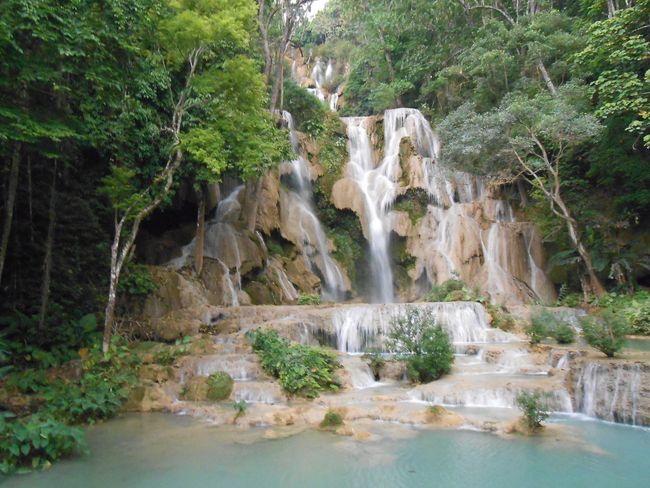
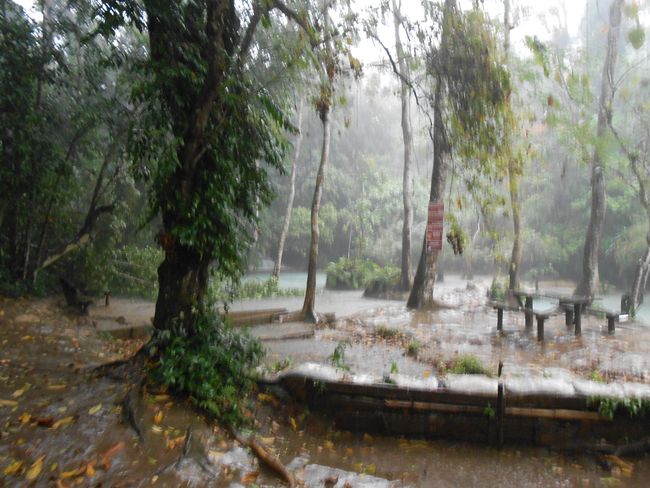
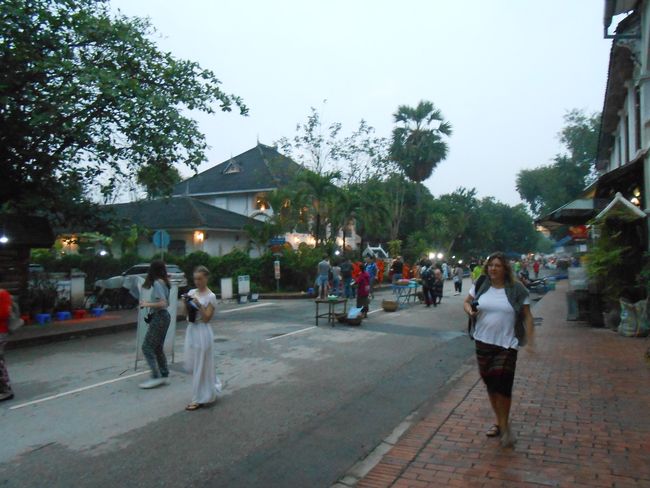
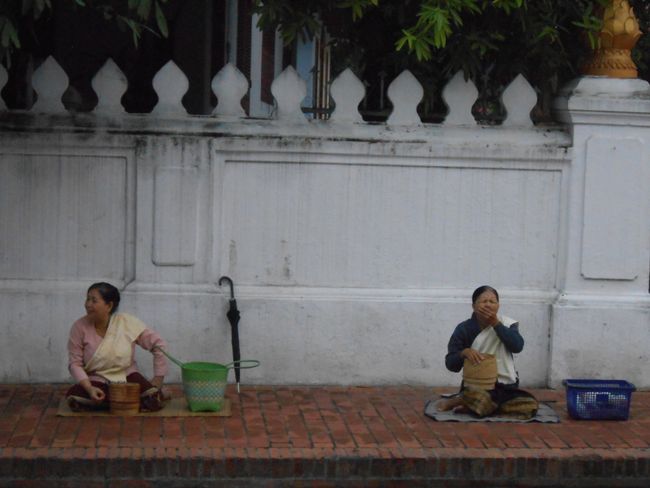
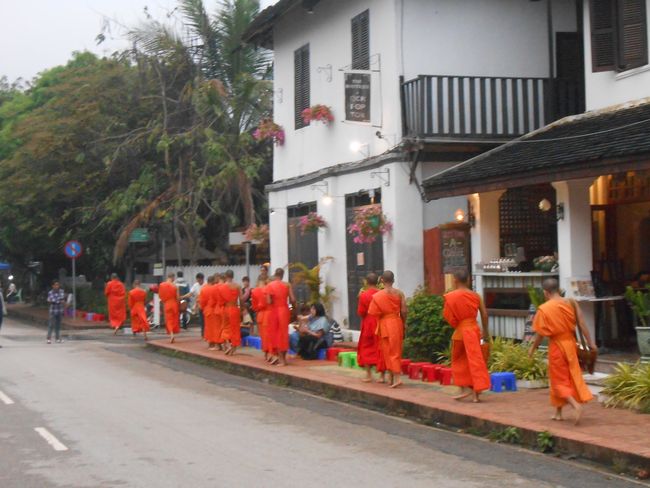
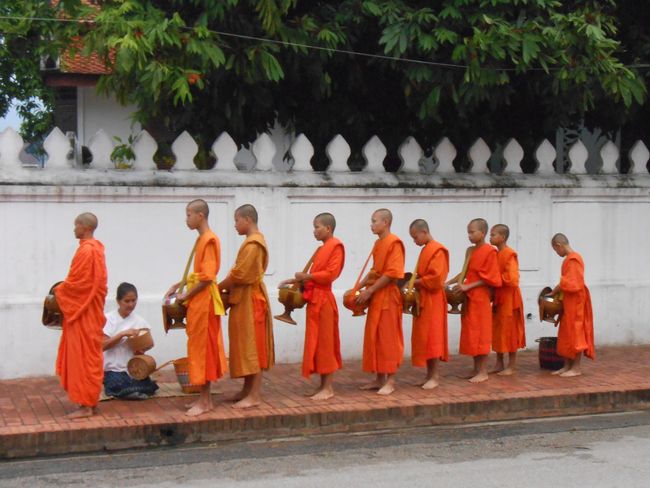
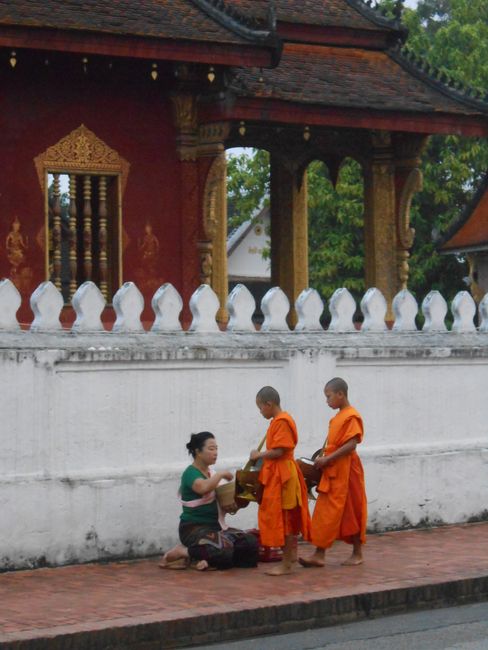
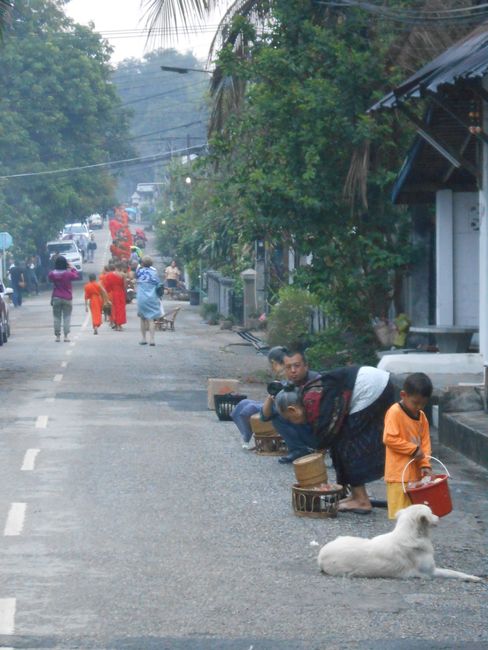
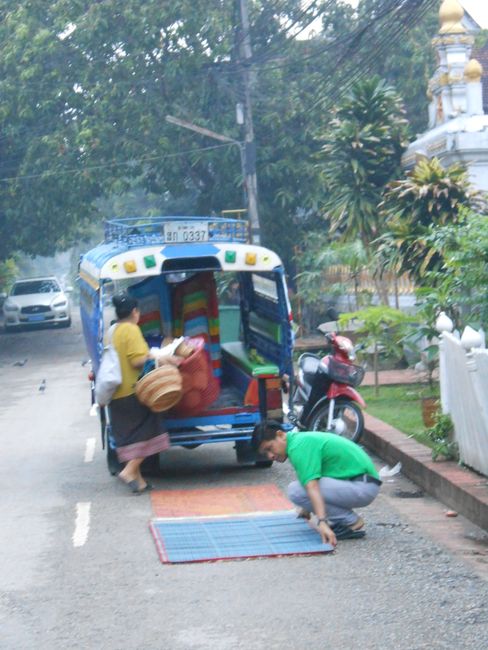
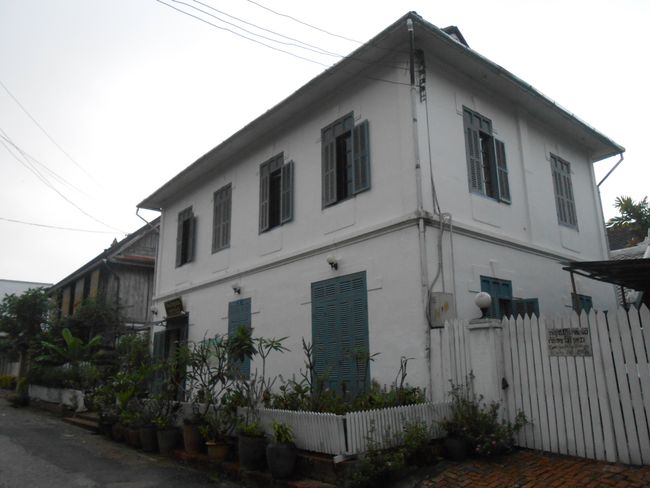
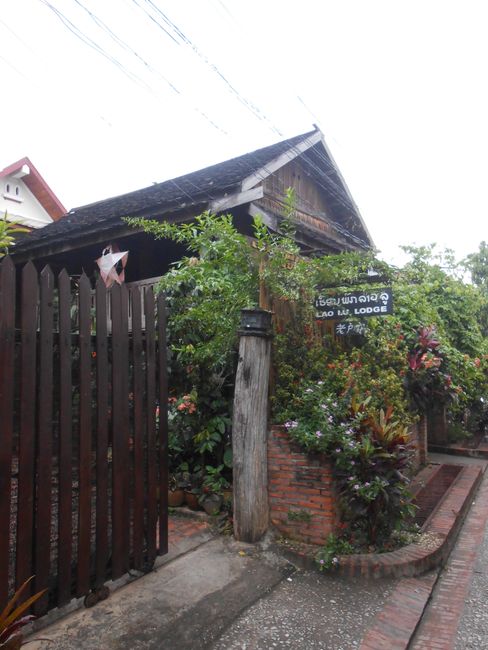
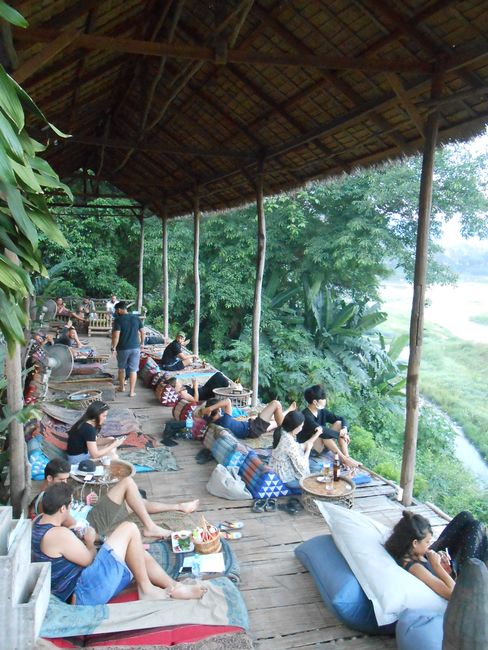
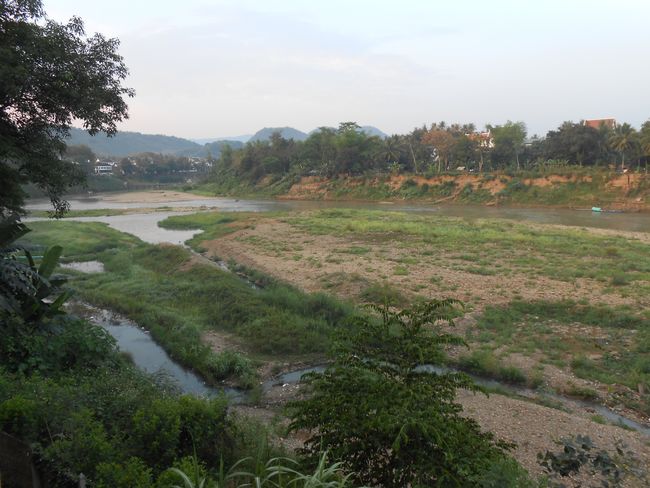
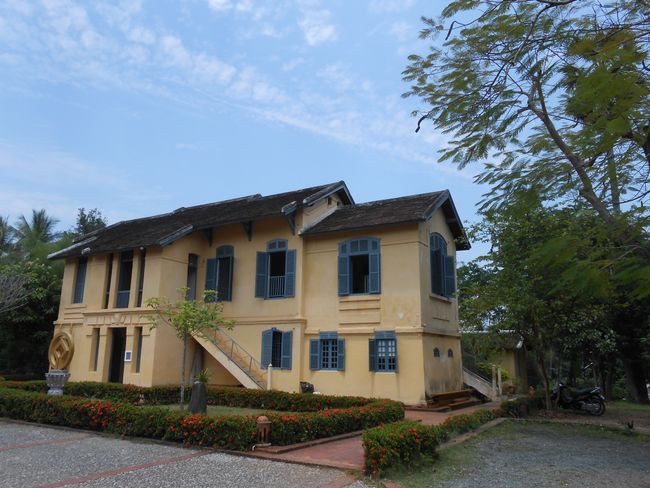
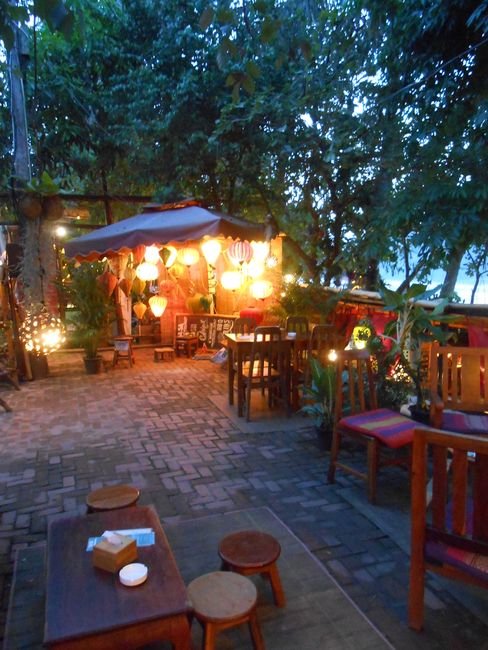
Wewandiise ku lupapula lw'amawulire
Wow, Luang Prabang really surprised me! In 1995, the city was declared a UNESCO World Heritage Site. 32 Buddhist temples and all of the French colonial architecture in the city have been placed under protection and have been restored since then (see Wikipedia).
Since it was my birthday during my stay there, I treated myself and booked a room in a nice guesthouse. ;-)
The city is wonderfully relaxed. You can visit many temples, browse in the many small shops, enjoy yourself in one of the restaurants along the Mekong River, explore the old town and surroundings by bicycle, check out the night market for bargains, etc.
One day, Svenja and I went to the Kuang Si Waterfall. You see quite a few of them while traveling, but this one was exceptionally impressive. And you could cool off in the water.
One thing I was particularly excited about was the daily alms giving ceremony of the monks. Here is a report about the 'Tak Bat' which I found on the website http://www.weltreise.name/wissenswertes/reiseziele/ein-unvergesslicher-reisemoment-die-moenchsprozession-in-luang-prabang. That way, I don't have to write so much myself... :-)
'An Unforgettable Travel Moment: The Monks' Procession in Luang Prabang
With its countless Buddhist temples, markets, and restored colonial houses, the tranquil former French colonial city in northern Laos has made a name for itself in recent years far beyond Southeast Asia. But the biggest attraction is not the temples or museums, but the monks.
The Monks' Procession
Every morning, hundreds of them leave their temples punctually with the sunrise, with nothing on their bodies other than their saffron robes and their alms bowls. With dozens of temples and up to thirty monks in each temple, you can imagine how many monks participate in this procession day after day.
Lined up, they can be spotted from a distance. Even though it is just getting light, the brightly orange-colored robes - typical for all Buddhist monks in Southeast Asia - are unmistakable and impossible to miss. The temple elders usually walk at the very front, followed by the younger ones, and finally the novices.
The closer the monks get to Thanon Sisavangvong, the main street of Luang Prabang's old town, the more tightly packed the spectators stand on both sides of the road to witness the spectacle. Not only European tourists have gotten up at dawn to watch the alms giving, there are surprisingly many Asian tourists from China and Korea here, for whom the monks' procession is just as extraordinary as it is for us.
While we are only bystanders, dozens of tourists have come with us who not only watch, but also participate in this special ritual. Buddhists from all over the world come to Luang Prabang daily to earn special thanks from Buddha in return for alms. It is said that the Buddhists who give alms are rewarded with special luck and good karma.
The waiting Buddhists, sitting on their knees on the sidewalk, have spread out their alms in front of them. As soon as the monks approach, the praying ones greet them with folded hands over their chests, and then present their alms. Most locals give them a large ladle of cooked rice in their bowls, while the arriving Buddhists mainly offer fruit. It is impossible to overlook what a special moment this is for many of the Buddhists, who emotionally embrace each other or wipe tears from their cheeks as soon as the procedure is over.
Tak Bat
The monks who make their rounds through Luang Prabang every morning and have their alms bowls filled by the Buddhists have no other source of food than this ritual, which is known in Laos as "Tak Bat". They depend on getting their bowls filled with enough food for the day. Once they have completed their daily route and received their alms, they return to their temples and have breakfast. The last meal they are allowed to eat must be consumed before noon, they fast for the rest of the day.
Although Tak Bat is the most popular attraction in Luang Prabang, it is possible that the monks' procession will not be able to be experienced much longer. Not that the city does not appreciate the hordes of tourists (and the associated income) that this tradition draws to Luang Prabang every day - it is the monks who feel overwhelmed by the crowds.
While 10 years ago hardly any tourists found their way to Laos, let alone attended this spiritual ritual in Luang Prabang, Laos has turned from an insider tip into an ordinary stopover on a Southeast Asia trip in recent years. With growing numbers of tourists, interest in Tak Bat also grew, and now whole busloads of tourists from larger hotels outside the city center arrive every morning to watch the procession. And even though there is an etiquette that visitors should follow, not everyone adheres to it - for example, that you should watch from the other side of the street, that you should not touch the monks (especially as a woman), or that the flash should be turned off when taking pictures.
Nevertheless, one flash after another goes off, and not only an amateur photographer holds his camera almost directly in front of the monks' faces. It is clearly visible how uncomfortable this commotion is for them, but the monks bravely persist and make their way through the masses. One can understand their inner conflict: On the one hand, the hustle and bustle is too much, but on the other hand, it always guarantees them a full stomach.
So that the monks do not have to give up their centuries-old tradition and tourists can continue to experience this fascinating spectacle, here are our tips if you want to experience Tak Bat:
- Respectfully keep your distance - ideally position yourself on the other side of the street and use the zoom of your camera.
- Make sure that the flash on your camera is turned off.
- Dress appropriately - even if you are not in a religious site, it is a religious ritual. So cover your shoulders and knees.
- Only join the ranks of those giving alms if you are practicing Buddhists.
- Do not stand in the way of the monks and do not chase after them once the procession has passed by you.
Luang Prabang was great and is definitely worth a visit!
Wewandiise ku lupapula lw'amawulire
Okuddamu
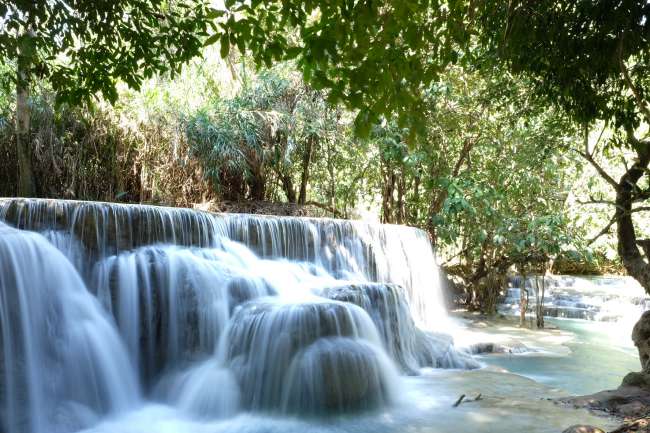
Lipoota z'entambula Laos
